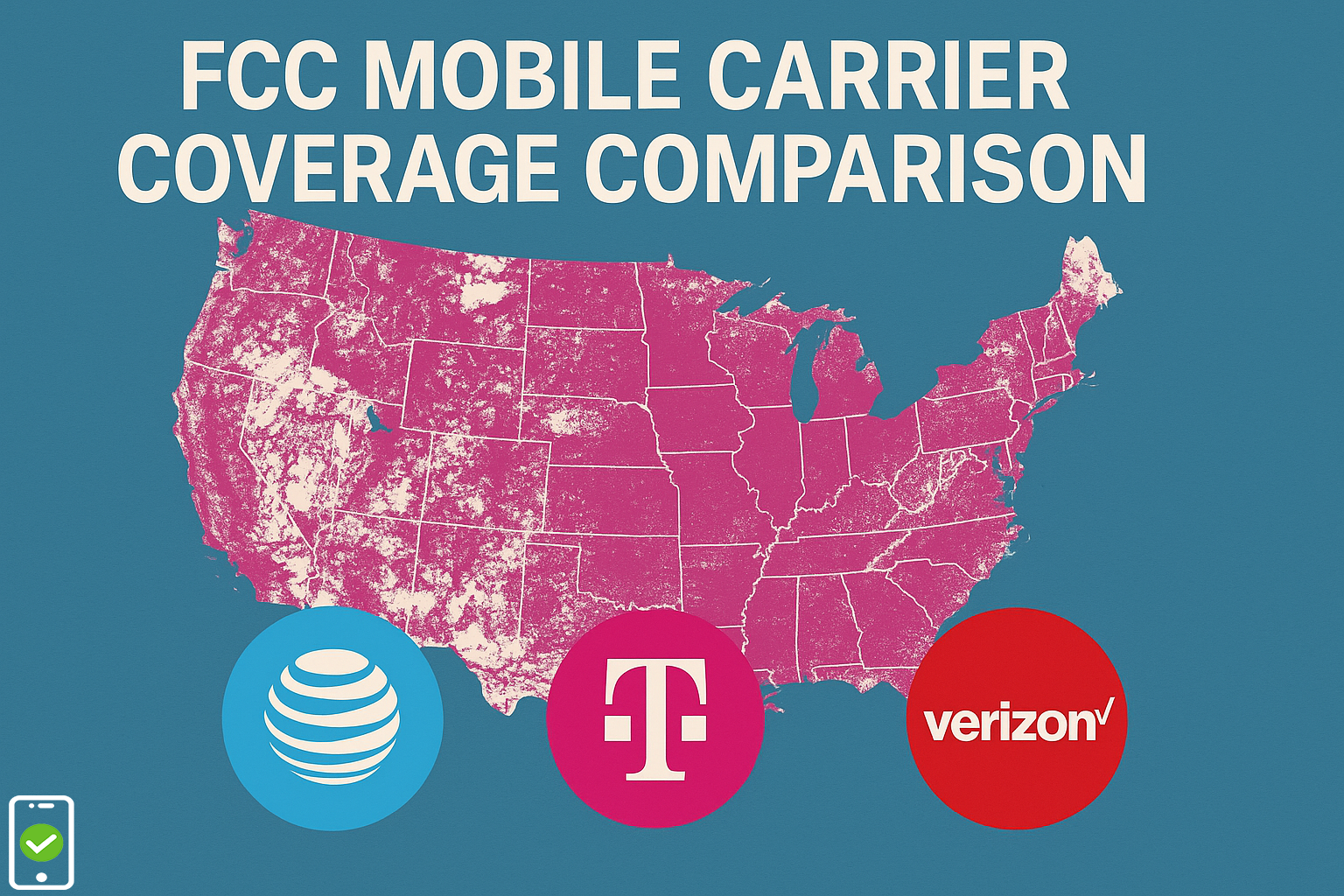Best Practices for TSPs in Customer Engagement and Compliance
A Wake-Up Call for Telecom: Lessons from a Data Breach
In January 2023, a major telecommunications provider faced a significant data breach involving 8.9 million customers, highlighting a key regulatory issue—data governance with third-party vendors. While telecom companies manage massive volumes of customer data, the FCC’s stance is clear: businesses must proactively ensure that all vendors adhere to strict security and data disposal practices. This incident underscores why the new FCC mandates on one-to-one consent and record-keeping are critical for the industry, not only to protect consumer data but to maintain trust in a rapidly evolving digital landscape.
New FCC Rules and the Changing Face of Consent
In response to growing consumer privacy concerns, the FCC has introduced comprehensive updates to the Telephone Consumer Protection Act (TCPA), mandating stricter requirements for customer consent. As of January 27, 2025, businesses must have direct one-to-one consent from consumers before making any marketing calls or sending texts using regulated technology, including autodialers and prerecorded voice systems. This means that businesses can no longer rely on general opt-ins but must obtain explicit consent from customers for each specific brand that will contact them.
Key Components of the New One-to-One Consent Rule:
- One-to-One Consent: Each business contacting a consumer must be individually named in the consent form. This ensures that consumers are fully aware of who will be reaching out, enhancing transparency and control.
- Record-Keeping Requirements: Businesses must not only secure but also retain detailed records of each consumer’s consent, confirming they have explicitly agreed to receive communications from each business listed.
- Scope of Consent: Consent is limited to communications that are “topically and logically related” to the purpose for which the consumer provided consent. This restriction prevents businesses from using one consent to contact consumers about unrelated services or products.
Balancing Compliance and Customer Engagement in B2B and B2C
The FCC’s updates represent a shift in how businesses within the telecommunications service provider (TSP) stack must approach customer engagement. Telcos, particularly in B2B contexts, must find ways to streamline these new consent processes without compromising on CX. The new regulations impact various components within the TSP stack, including OSS/BSS systems, Telco Cloud infrastructures, and Virtual Network Functions (VNFs), which depend heavily on reliable and compliant data-sharing practices.
For both B2B and B2C engagement, ensuring that customer consent is clearly documented and related specifically to the service being marketed is essential. Businesses need to implement a more granular approach to compliance within their customer relationship management (CRM) and lead management platforms, using technology that can verify, document, and archive every consent record.
Best Practice Tip: Use APIs to automate compliance checks and retain clear records of consent. An integrated approach will ensure every consumer is protected and that your systems remain up-to-date with consent data across channels.
Preparing for What’s Next: AI and Automated Compliance
Automation and artificial intelligence (AI) are transforming how telecom companies manage compliance. The FCC’s new one-to-one consent rules require sophisticated data handling that AI-driven solutions can support, especially for companies managing large-scale customer databases across OSS/BSS platforms and telco clouds. AI-enabled tools can manage large volumes of data, automating consent verification and flagging records for further review if they do not meet compliance standards.
AI’s role in compliance is likely to expand as regulators continue to prioritize data security and consumer consent. AI-driven tools can streamline the process of tagging and verifying one-to-one consent across various points of customer interaction, from calls and texts to emails and other channels. With APIs, TSPs can link AI solutions directly to consent management systems, ensuring that customer interactions remain compliant and protected under the new rules.
Regulatory Compliance: High Stakes and Higher Fines
The FCC’s enhanced focus on compliance means TSPs must adopt best practices not only to protect consumer privacy but also to avoid substantial penalties. Businesses not complying with the new TCPA rules face fines starting at $500 per call or text, with potential penalties reaching up to $1,500 per violation in cases of willful non-compliance.
Furthermore, the FCC’s extended breach notification requirements mean that any company experiencing a data breach must notify both federal agencies and affected consumers promptly. This has raised the stakes for telecom companies, which must now ensure every vendor in their data chain adheres to stringent data security practices.
Best Practices for Achieving Compliance
- Proactive Record-Keeping: Implement a robust data tracking system to log consent records and verify each consumer’s approval for specific communication types. This includes securing not just the consent, but also retaining the record in a way that makes it accessible and verifiable.
- Audit Your Vendor Agreements: Review contracts with vendors and ensure they align with the FCC’s guidelines on data retention and disposal. Require your vendors to certify compliance with the new one-to-one consent rule and document that they have the appropriate measures in place to protect consumer data.
- Engage Legal and Compliance Experts: Due to the intricacies of the FCC’s new rules, seek professional advice to ensure that every aspect of your communications is fully compliant. Legal counsel can help clarify what qualifies as “topically and logically related” content, ensuring that communications remain within the scope of the original consent.
Looking Ahead: The Future of Customer Consent and Engagement
As the TSP industry adapts to the FCC’s new rules, we can expect to see further integration of AI, machine learning, and advanced APIs that manage consent seamlessly. The future of customer engagement will likely involve more automated compliance systems, built to handle increasing regulatory requirements efficiently and consistently. TSPs can look forward to tools that provide not only compliance with the FCC’s rules but also enhancements in CX, ensuring consumers feel informed, respected, and in control of their data.
These changes reflect a broader industry trend toward responsible data use and consumer-centric engagement. As the landscape evolves, companies that embrace these technologies will be well-positioned to foster trust and loyalty, avoiding regulatory challenges while optimizing the customer journey.
Sources:
● https://arstechnica.com/tech-policy/2024/09/att-fined-13m-for-data-breach-after-giving-
customer-bill-info-to-vendor/
● https://www.insideprivacy.com/technology/the-fcc-expands-scope-of-data-breach-
notification-rules/
● https://tcpaworld.com/2024/06/10/confused-about-the-fccs-new-one-to-one-consent-
rules-youre-not-alone-here-are-some-faqs-answered-for-you/
● https://activeprospect.com/blog/one-to-one-consent-trustedform-verify/?
utm_source=Website&utm_medium=Email&utm_campaign=AP-Email-recap-October



